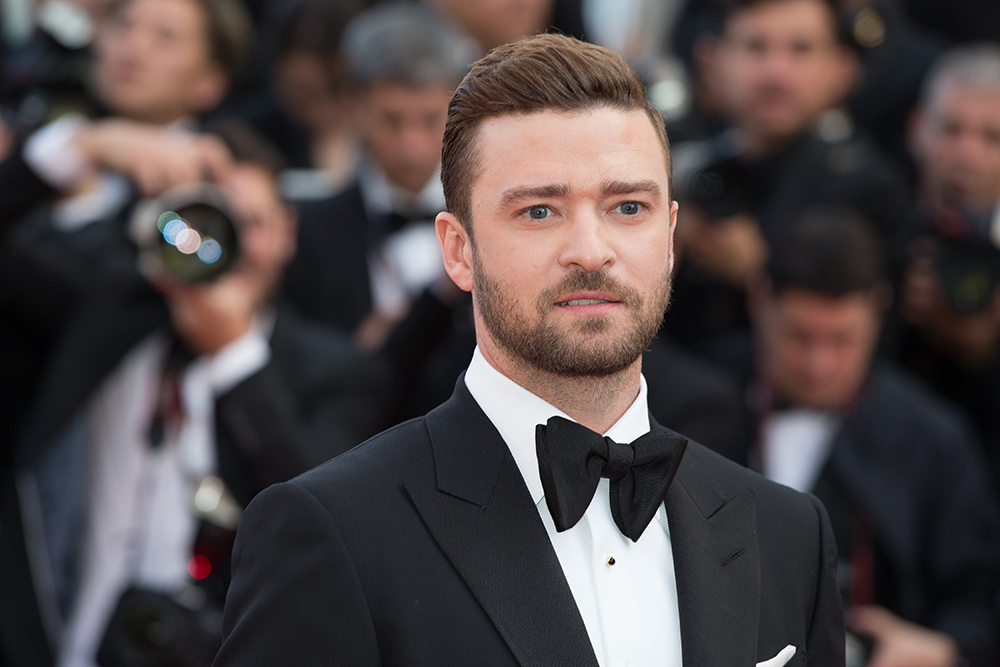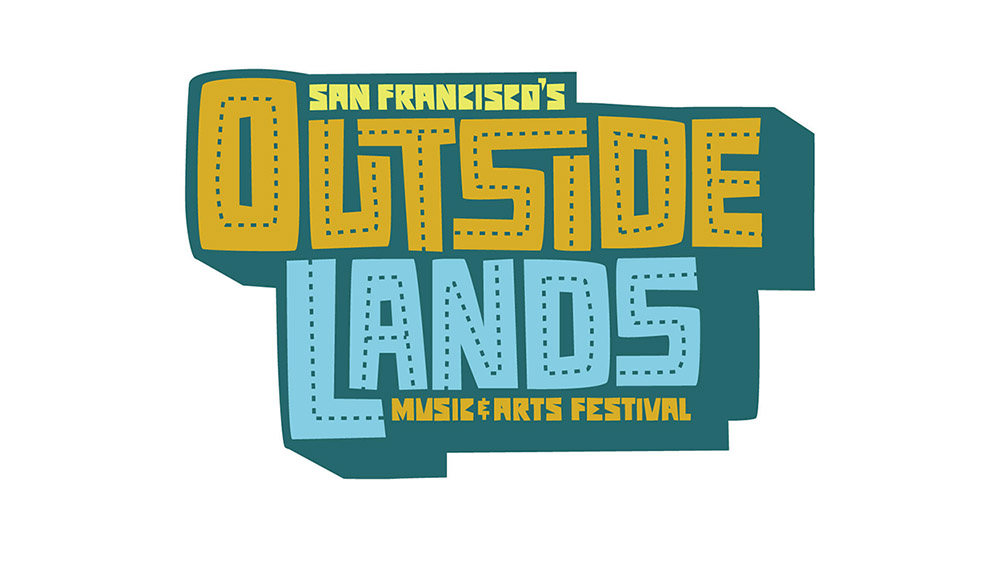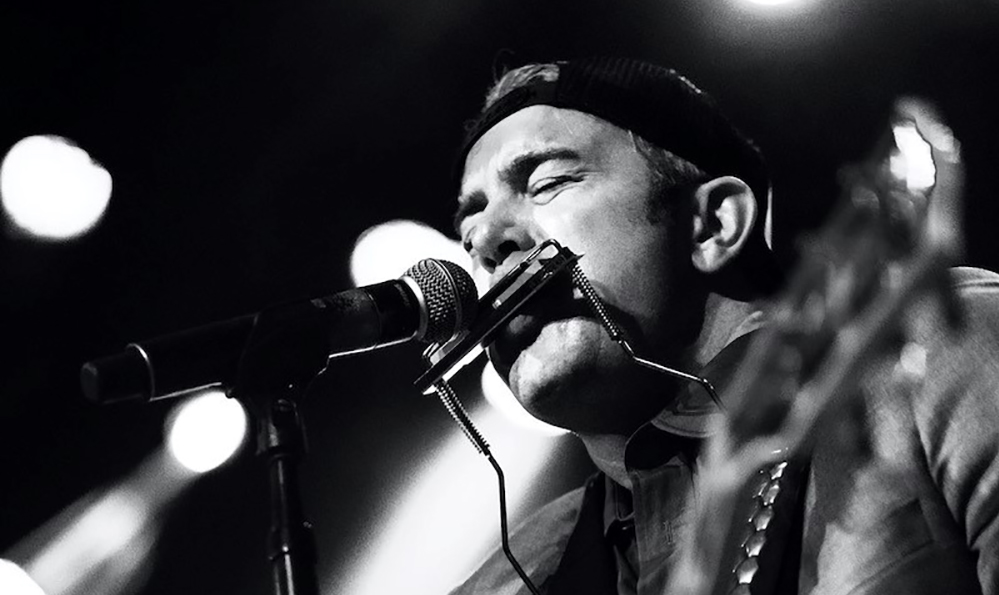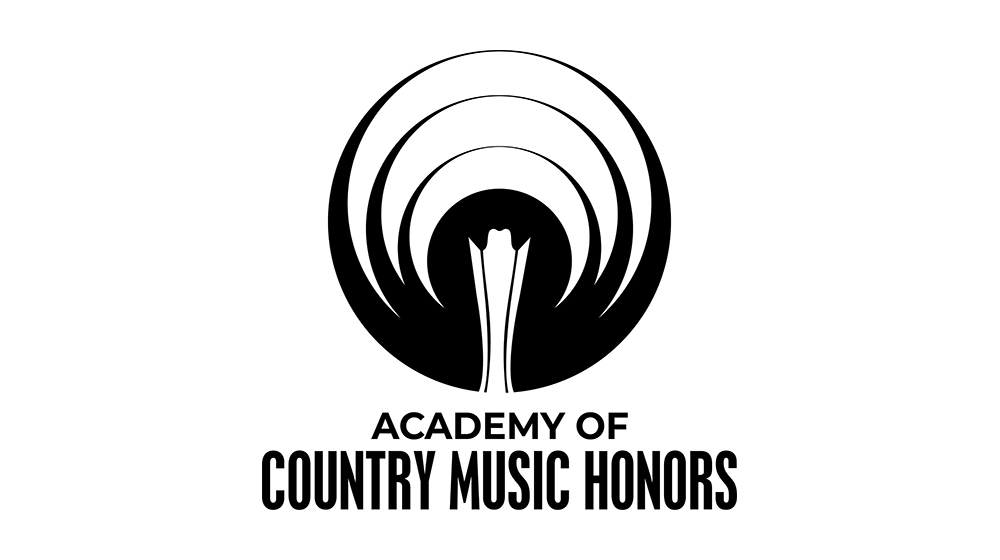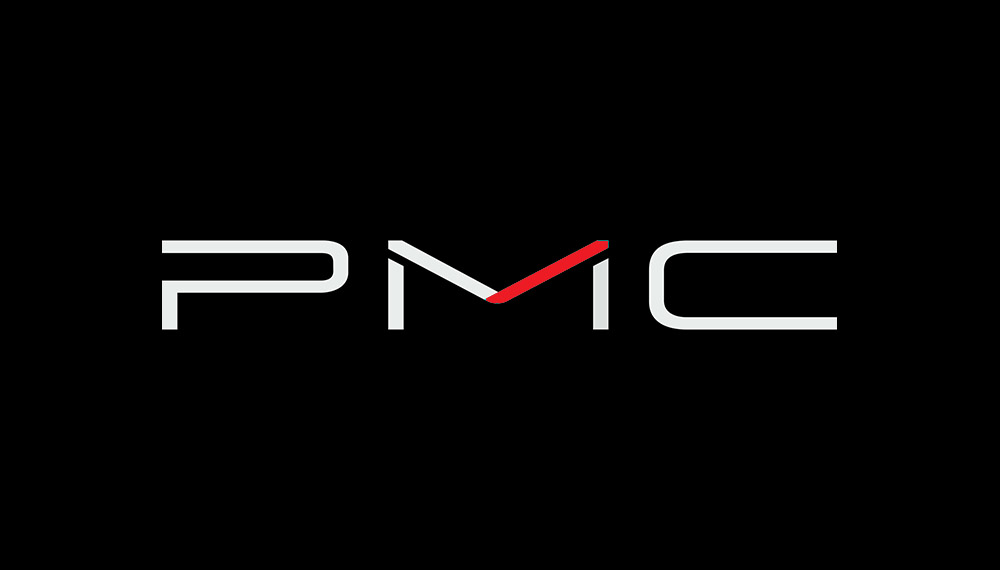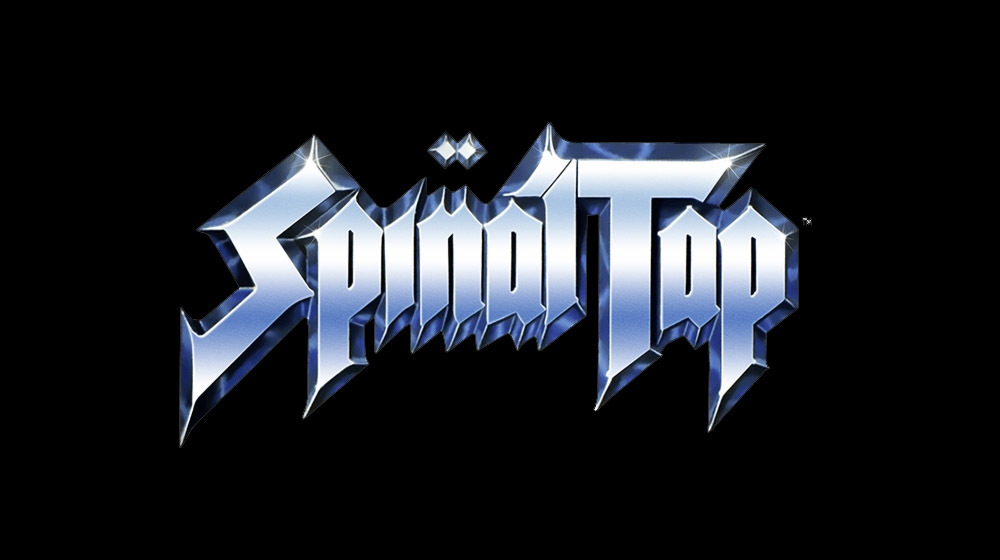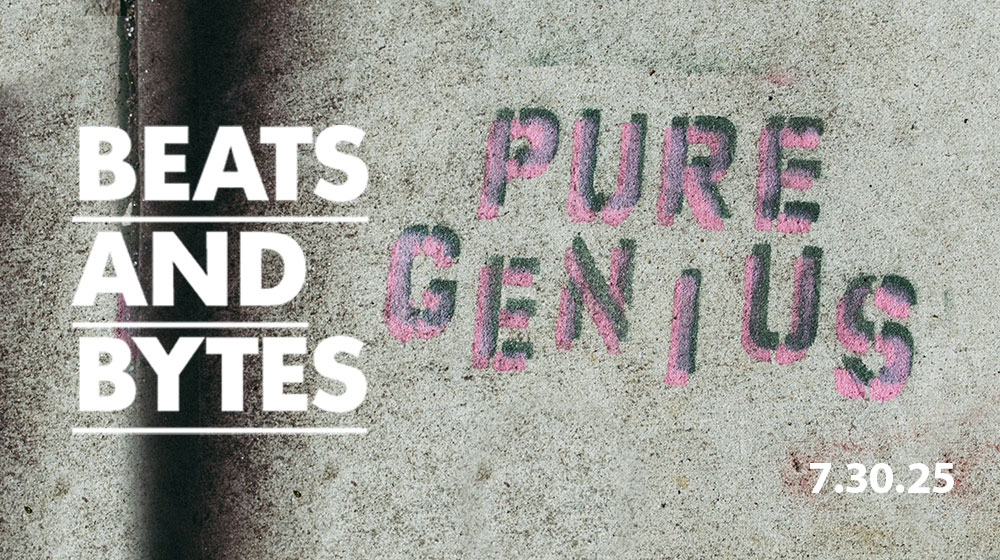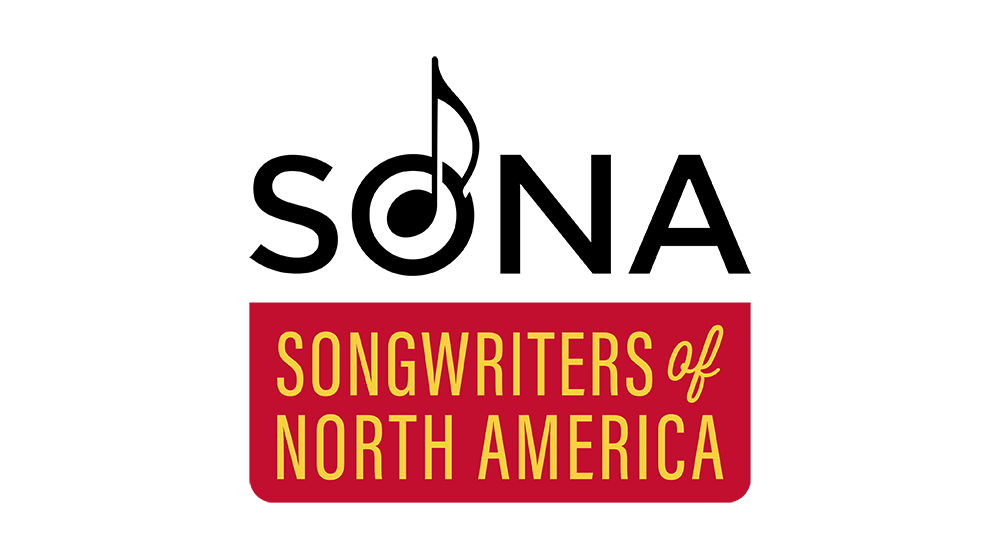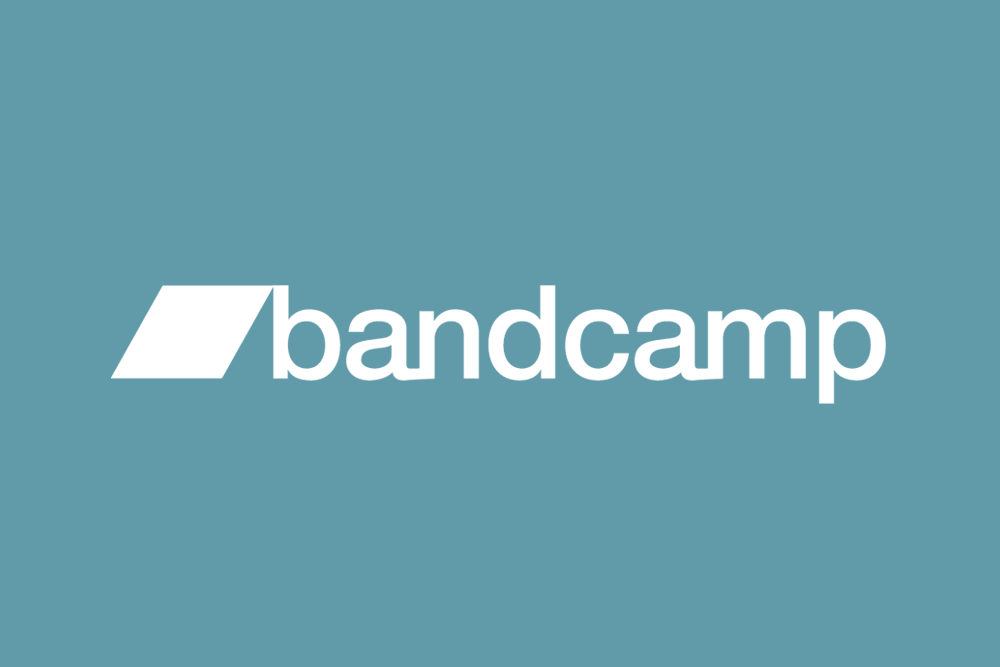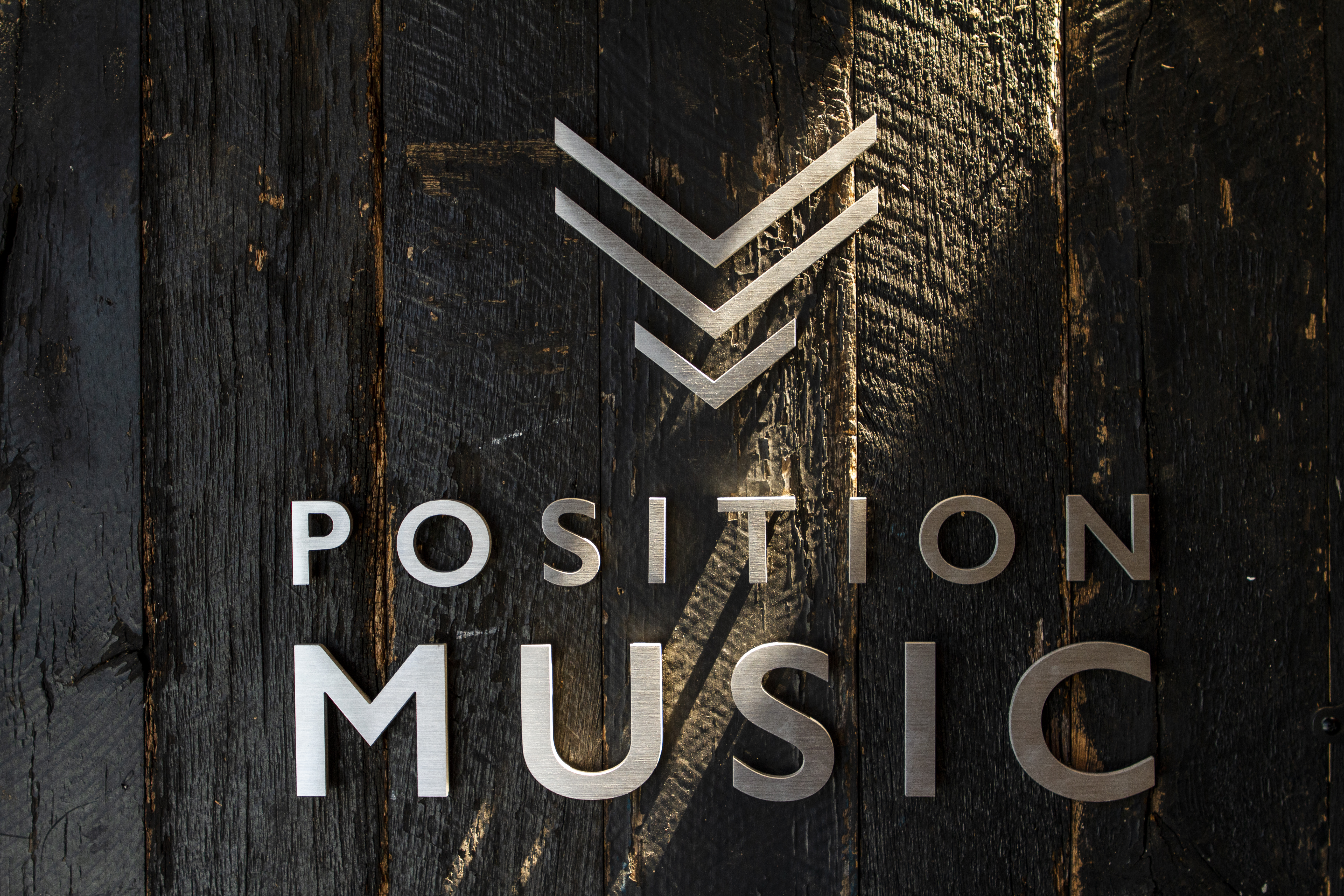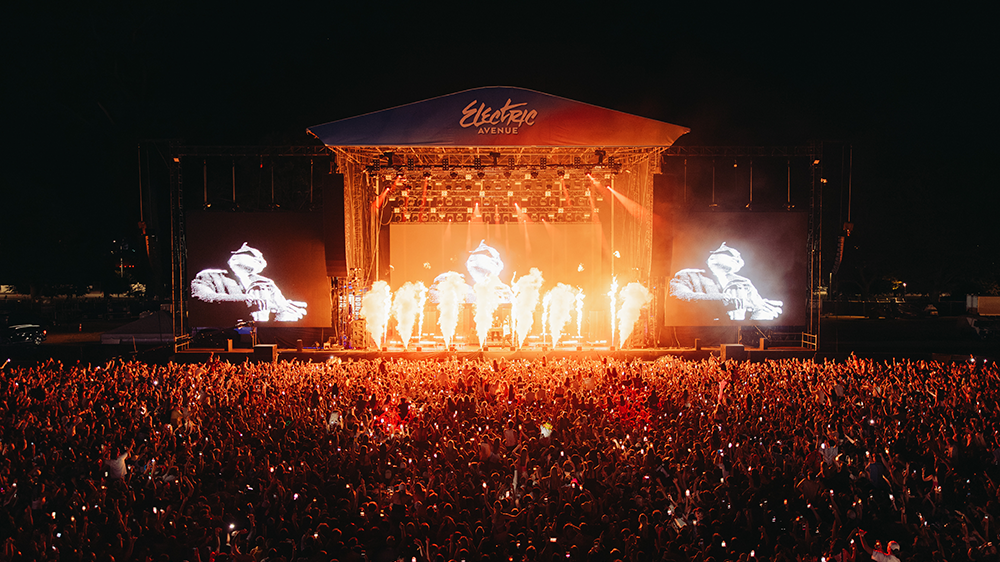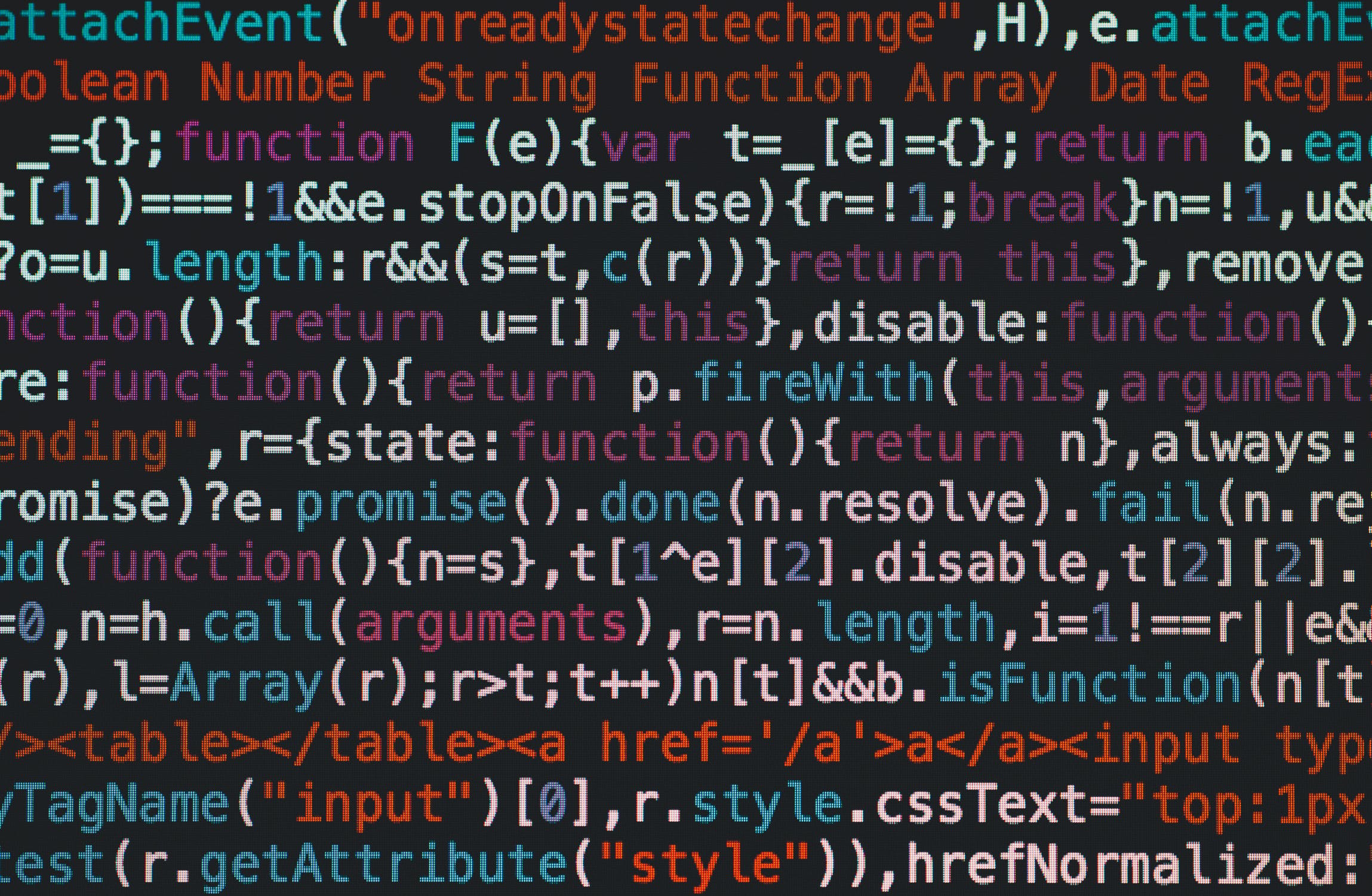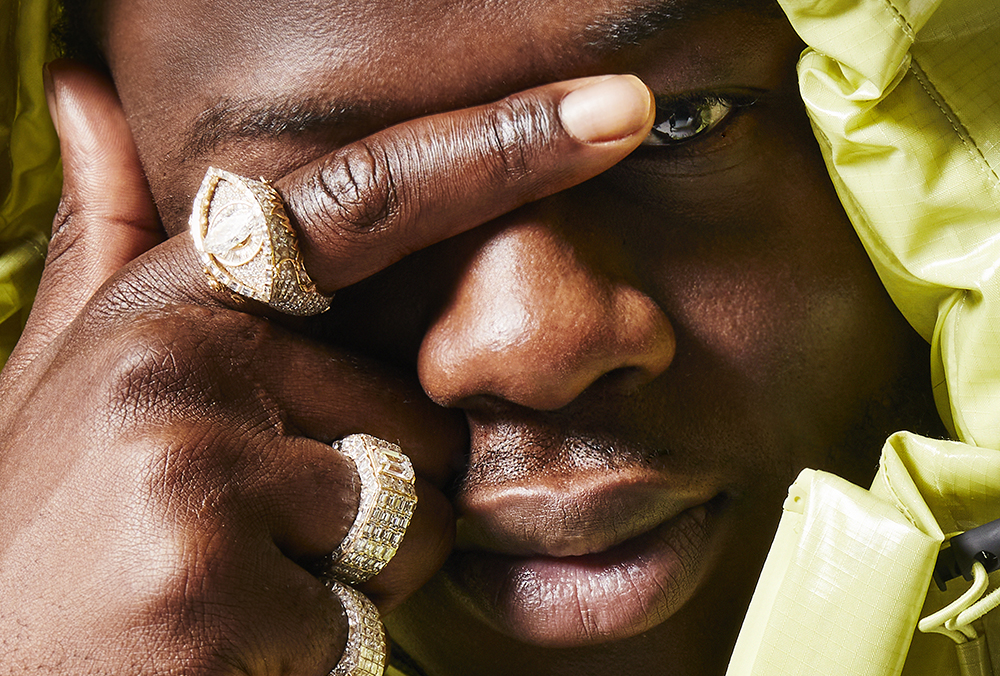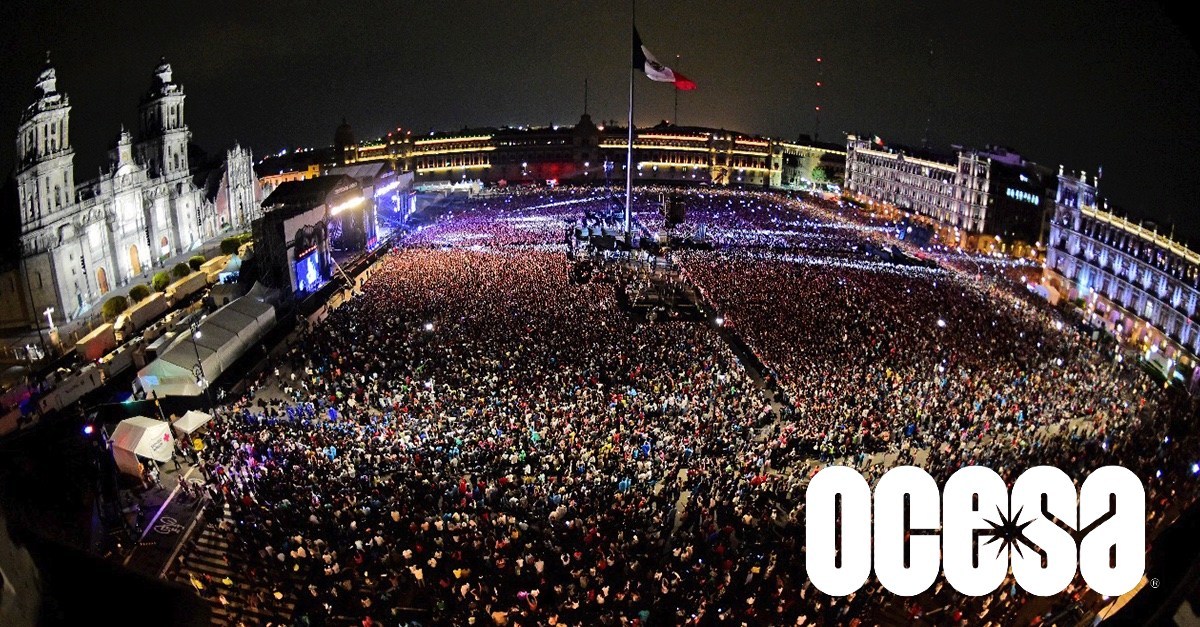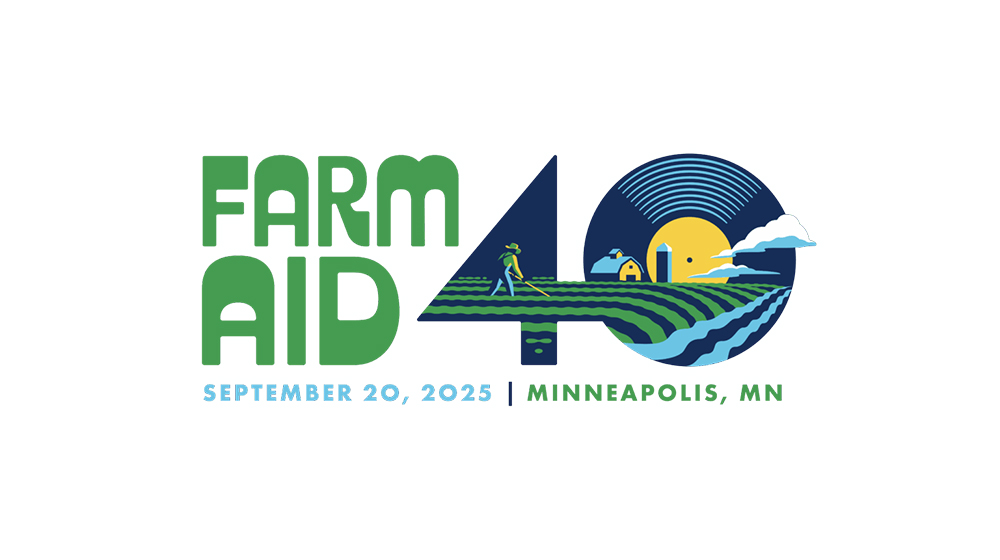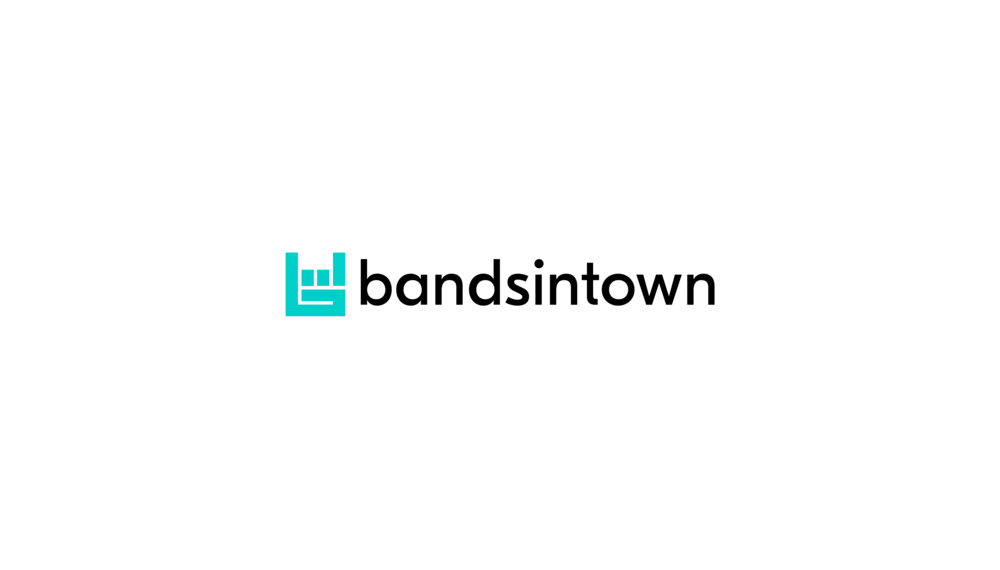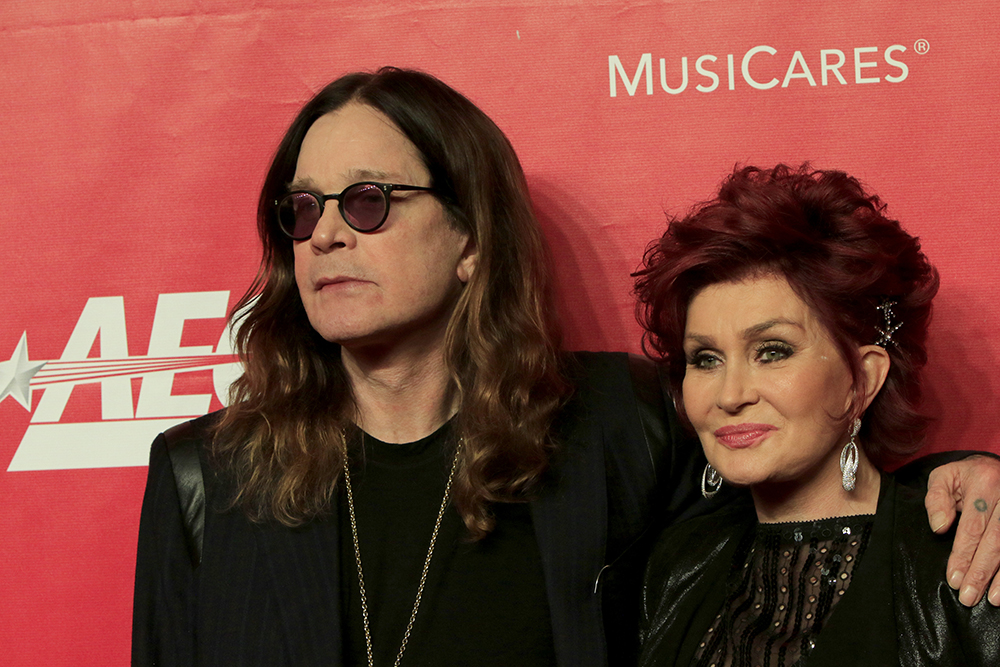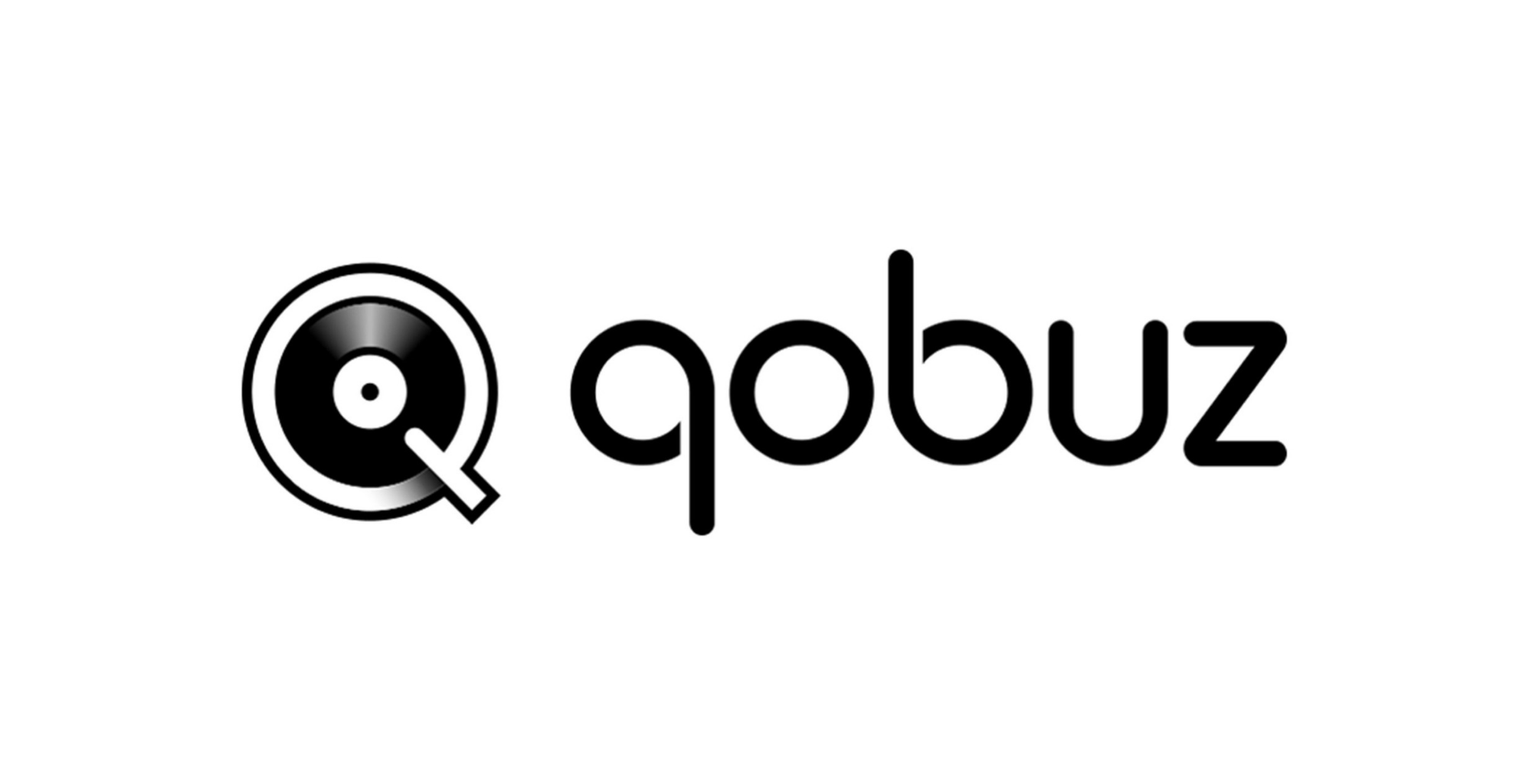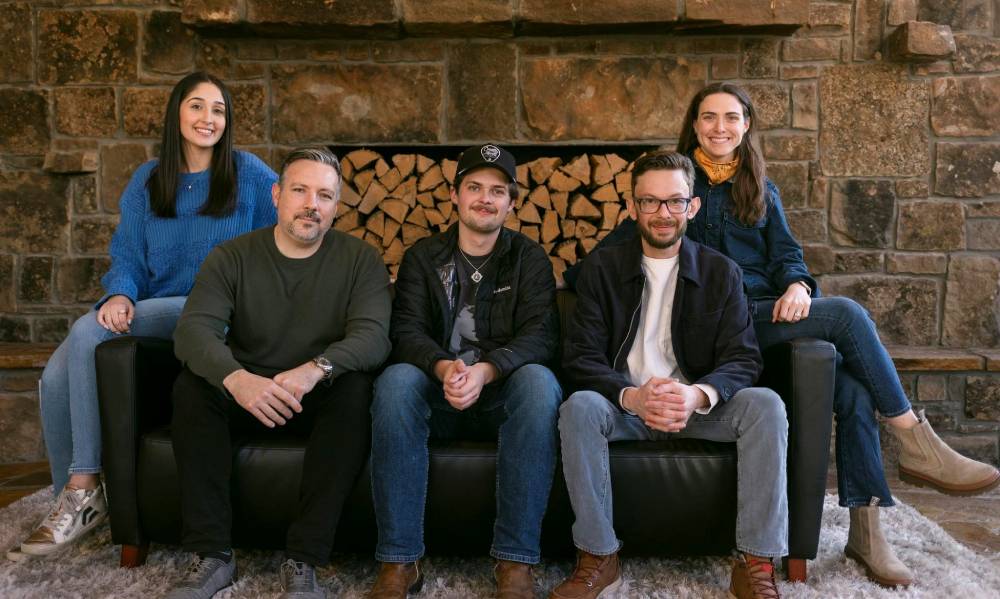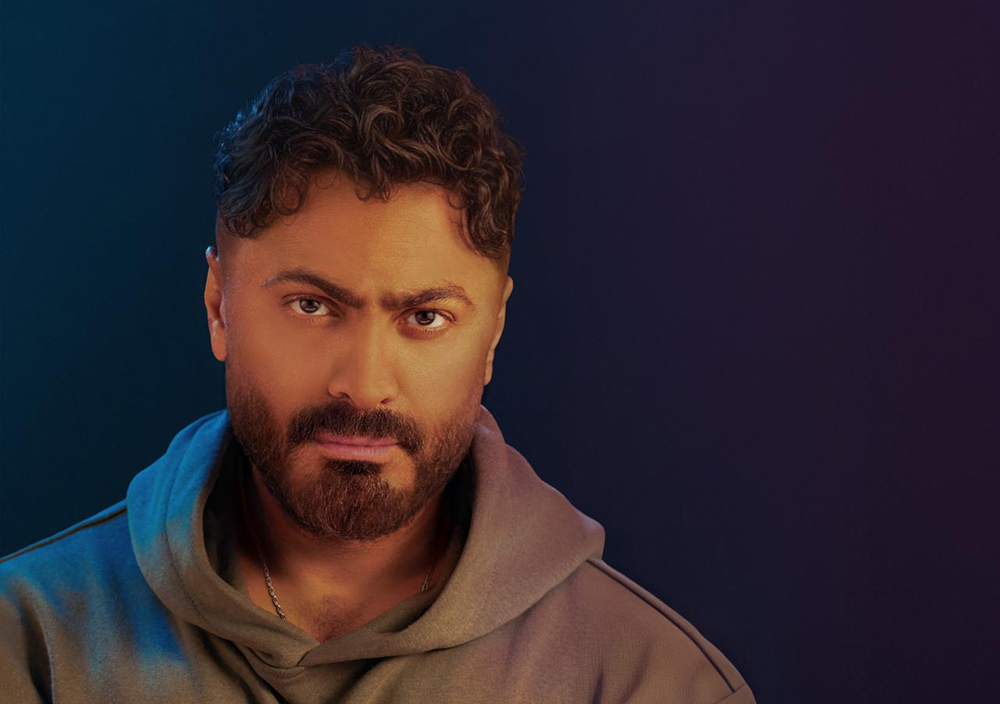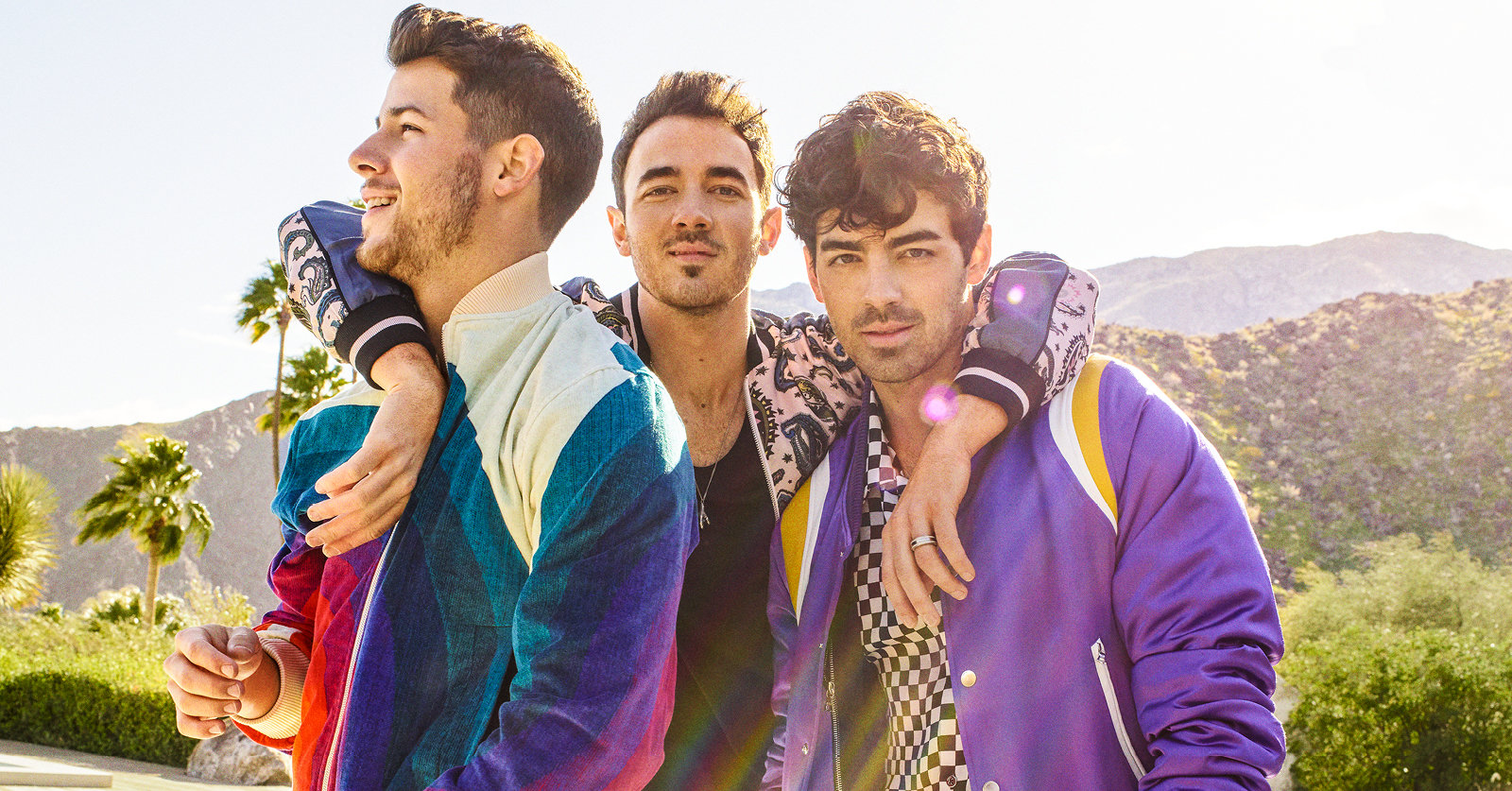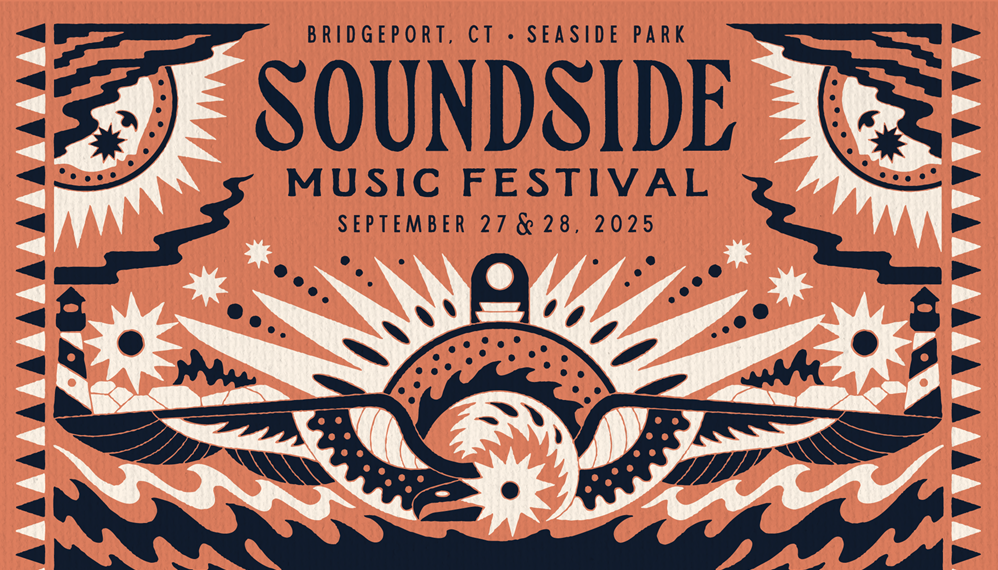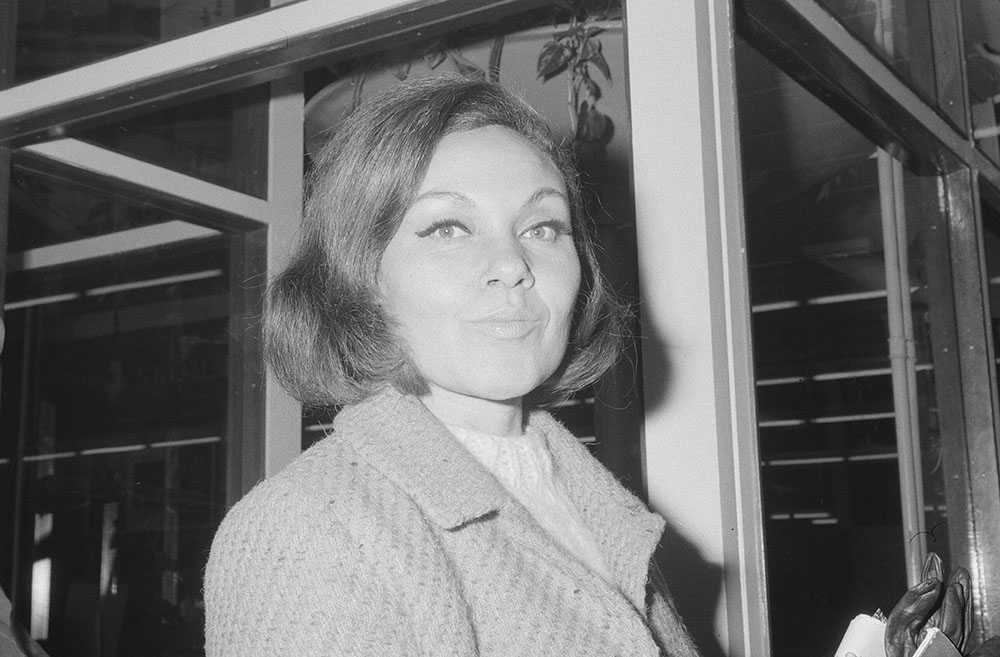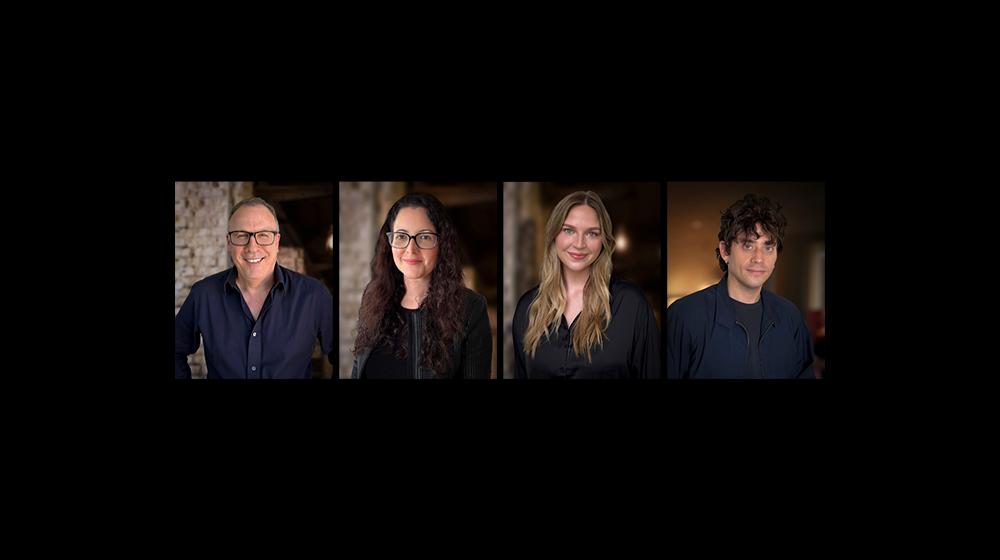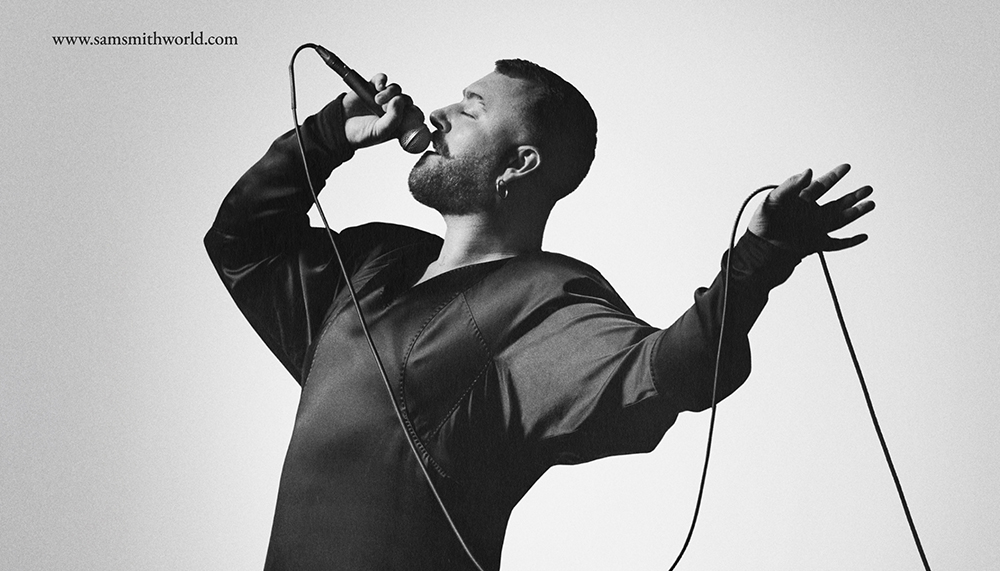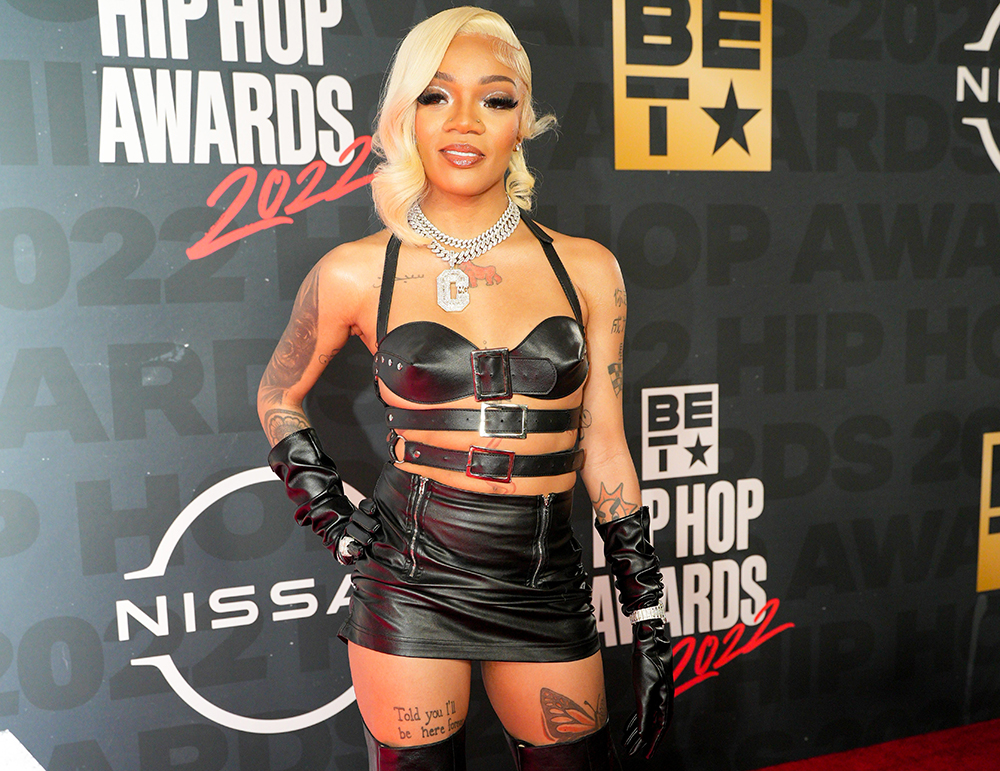
(Hypebot) – Although libraries and universities across the nation are taking the week to celebrate fair use, not everyone is so thrilled with the concept. The MPAA and the RIAA have both gone on the offensive regarding fair use, posting lengthy pieces attacking it.
Guest Post by Mike Masnick on Techdirt
This week has been dubbed fair use week by a whole bunch of organizations (mostly universities and libraries) as a chance to celebrate the usefulness and wonder that is fair use in protecting free speech, enabling creativity and inspiring innovation. As we've said many times in the past, fair use is an incredibly important concept — if often misunderstood — so it's good to see these organizations working together to better educate the public on why fair use is so key.
However, not everyone is so enthralled with fair use. The MPAA and RIAA are apparently so frightened by fair use that they, and some of its friends, have been posting weirdly uninformed screeds against fair use over the past few days. Some are more silly than others (such as one that tries to claim that the MPAA has never been against fair use, ignoring that the MPAA's long-time boss Jack Valenti once declared — totally incorrectly — that fair use wasn't in the law), but let's focus on the one that comes straight from a former RIAA top exec.
Neil Turkewitz, formerly of the RIAA and now the International Center for Law & Economics Senior Policy Counsel, has published a piece at Medium (a site that relies heavily on fair use to protect it from being sued into oblivion) pretending to honor fair use while actually criticizing it.
In honor of Fair Use Week, let’s begin by unmasking the false premise underlying much of the celebration of fair use — that is, that the basic objective of the copyright system is to achieve a balance between the “public interest” on the one hand, and the interest of private copyright owners on the other. In this formulation, the “public” interest is exclusively defined as the ability to get copyrighted materials as cheaply as possible, with free obviously being the best (since it is the cheapest) option.
Well, here's something where we actually sort of agree — though for different reasons. I actually disagree with many fair use supporters in arguing that it's about "balance." I've been saying for a decade now that balance is clearly the wrong standard and it, unfortunately, presupposes that there are two parties in conflict here. That's not true. I still believe, strongly, that a more optimal copyright policy maximizes benefits for creators and the public (though it may squeeze out some gatekeepers…). The idea that there's some tug of war between two sides has poisoned the copyright debate, unfortunately.
But… that's not what the Turkewitz is really arguing here. The end of that paragraph is telling. Those who support fair use aren't just talking about "the ability to get copyrighted materials as cheaply as possible." They're talking about basic concepts such as freedom of expression and access to knowledge and information. That's different than just getting stuff cheaply. We're talking about education and learning and expression — and rely on fair use not to infringe on someone's copyright (remember: fair use isn't infringement), but to be able to better express ourselves and to better educate.
But Turkewitz is building up a head of steam with this pretty massive strawman he's building, and nothing's going to slow him down:
Groups like EFF, Public Knowledge and re:Create employ emotive rhetoric in an attempt to demonize copyright, and to suggest that “copyright” protection is somehow a “special interest.” They say that they care about “creativity,” and that fair use is critical to the interests of society. Copyright owners agree, but unlike most declared champions of fair use, not only do we care about creativity as an abstract concept, but we actually care about creators and preserving the creative process.
What the hell does "preserving the creative process" even mean? Remember, first of all, that despite all the massive amounts of copyright infringement going on these days (which the legacy entertainment industry constantly reminds us about), we're actually seeing more music, more movies, more video, more books, more written works than ever before in human history. If it's truly the "creative process" that Turkewitz is worried about, well, then there's nothing to worry about. We're witnessing a golden age of content creation, much of it relying on fair use, despite the decades of "sky is falling" rhetoric from Turkewitz and his friends about how strong fair use and new internet innovations will somehow make all the content creators disappear.
Hasn't happened. Maybe it's time for the legacy entertainment industry to try something new, rather than just constantly rebooting or creating sequels to its own failed attack strategy?
We recognize that the creative process indeed is an evolutionary one and that present creators draw upon past expression for inspiration. But standing on the shoulders of giants doesn’t require misappropriation, and anyone who tells you differently is selling something. Unfortunately, for Fairuseweek.org, and its allies, fair use tends to be little more than a useful slogan that has little to do with fairness, and which frequently masks commercial interests that want to distribute or otherwise make creative works available without licensing.
Yeah. Sure. Who might be "standing on the shoulders of giants" by misappropriation in order to "sell something"? Could it be… say, Disney? The company that copied the works of others willy nilly without licensing at all, and then claimed copyright over all of it? And, no we're not just talking about the public domain (another important concept that the MPAA has trampled on over the years), but the whole concept of "Steamboat Willy" which launched Disney, which was copied from a film a year earlier. Or… how about the record labels, many of whom got their starts by taking classic songs from African Americans and giving them to white artists, then claiming copyrights over those songs. And those same operations regularly helped out artists like Bob Dylan and Led Zeppelin who were famous for simply rewriting the works of others without giving credits to the original artists. Some of us believe that was pretty creative — but for a former RIAA exec to whine about "misappropriation… without licensing" is, well, a bit rich.
And then we get this bit of pure unadulterated nonsense:
When was the last time that someone was inspired by fair use? Fair use doesn’t enthrall us…it doesn’t capture our imaginations and transport us to places far away or tucked away deep in our memories. So how about this — why don’t we all recognize that celebration of fair use is actually a celebration of the benefits of fueling original creative expression, for if we fail to produce cultural artifacts worth accessing, fair use becomes irrelevant. We have no interest in accessing that which we don’t value.
Of course, one could say the exact same thing about copyright itself. It is not "copyright" that inspires or enthralls. It is content. And, frankly, these days, I find myself inspired and enthralled quite frequently by works that rely on fair use, from mashups to documentaries and the like.
And, yes, if we fail to produce cultural artifacts worth accessing, that's a problem. But it's not a problem, because (again) we're producing more such works than ever before in history, and an awful lot of that is due, either directly or indirectly, to fair use and building on the works of others. How many creators today actually got their starts by messing around and copying the works of others, editing videos they pulled from YouTube, or playing cover songs and posting them on sites like YouTube? The fact that we don't (usually!) sue those people out of existence is often thanks to fair use protections, and that has helped build a new generation of creators who don't rely on the MPAA or the RIAA as gatekeepers (perhaps this is why they are really upset).
Thus, fair use is, on its own, an exceedingly odd thing to celebrate. “Fair” is contextual, and “use” assumes a desire to access. I propose to the folks at fairuseweek.org a renaming ceremony. How about “sustaining creativity week?” If we can succeed in allowing creators to earn a living from their craft, we will have greatly advanced the public interest and produced a wealth of accessible cultural materials that enrich present and future generations. Now that would be something to celebrate.
Again, everything said here applies many more times to copyright itself. And, frankly, if you want to see lots of "sustainable creativity" your best bet is not to look at the MPAAs and RIAAs of the world (shall we point you to the litany of lawsuits over Hollywood accounting and RIAA accounting that highlight how those industries tend to screw over actual creators?) but rather to the technology enablers and platforms that the MPAA and RIAA have fought against for decades. Look at things like Patreon and Kickstarter and YouTube and Spotify and Netflix and Apple: all tech platforms that the industry fought over the years. All of which have helped create new sustainable models where a much higher percentage of the revenue goes to actual creators, and where fair use and greater creativity is celebrated and encouraged. But, I guess, that would conflict just a little bit with the MPAA and RIAA members' business models of being a gatekeeper and keeping all the profits.
(Correction: As some of you have noticed, we made a silly mistake in this post. Neil Turkewitz is not with the MPAA, but rather a former RIAA executive who is now with the International Center for Law & Economics, a think tank that reliably advocates for the MPAA & RIAA's positions.)



















